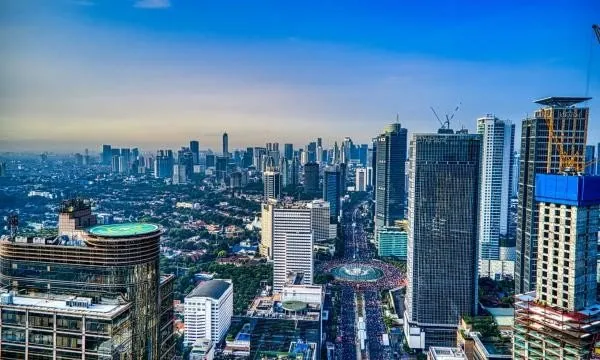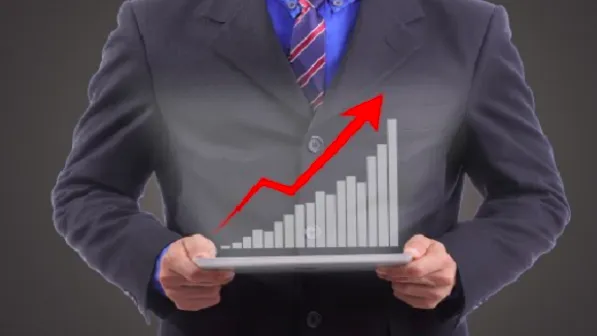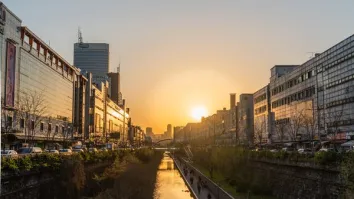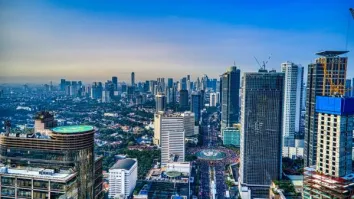
Hopes fade for Indonesian property developers’ 2021 recovery despite stronger sales
Find out why S&P has such a pessimistic outlook for the developers.
The credit quality of Indonesian real estate developers is unlikely to recover to pre-pandemic levels in 2021. That's according to a chartbook-style report that S&P Global Ratings published, titled "Indonesia Developers: Stronger Sales Won't Fix Everything".
"Persistent negative discretionary cash flows will constrain meaningful liquidity improvement and deleveraging for the rated Indonesia developers. This is despite improved marketing sales and cash collection in 2021," said S&P Global Ratings credit analyst Christina Lim.
The five rated developers are:
• PT Kawasan Industri Jababeka Tbk.
S&P estimates that aggregate sales for the four developers excluding Modernland will increase by 24%-32% in 2021 compared with the 2020 level; or 9%-16% higher than in 2019. The stronger sales are attributable to pent-up demand and supportive regulatory policies.
The sector has shown signs of recovery since the second half of 2020, driven by demand for affordable landed housing projects from end-users, as well as promotional activities.
Recent supportive regulatory measures include:
• Interest rate cuts;
• Reduced value-added taxes (VAT) for existing residential home inventories priced between Indonesian rupiah (IDR) 2 billion-IDR5 billion; and
• Relaxed down payment requirement for mortgage loans.
S&P believes its rated developers will particularly benefit from the record-low mortgage rates, given that more than half of residential property buyers use mortgage financing.
Lippo and Pakuwon are likely to benefit the most from the reduction in VAT because of their stockpile of readily available inventory. In our view, the reduced down payments for mortgage financing will depend on banks' willingness to ease their lending rules.
"Improved sales, stronger cash collection, and a limited maturity wall over the next 12 months have eased the pressure on the credit quality of Indonesian developers, and that means they are at reduced risk of defaults," said S&P Global Ratings credit analyst Simon Wong.
According to S&P, there is no significant positive rating migration for the sector over the next six to 12 months, despite the improvement in marketing sales and cash collection. Most developers will plough the cash collected back to fund construction and working capital requirement as they ramp up new launches. As a result, discretionary cash flow, after capital expenditure (capex), will continue to be negative for the rated developers, constraining meaningful liquidity improvement and potential deleveraging.
Higher pre-sales in 2021 will only translate into revenue in 18-24 months, since revenue is recognized upon the transfer of completed units to buyers. Meanwhile, debt leverage across most of our rated developers will stay high, while interest servicing should remain thin over the next 12 months.
The funding environment remains selective and challenging, especially for developers rated 'B' and below. However, limited debt maturities over the next 12 months reduces refinancing risk for the rated developers.
Key risks to our assumptions include a slower recovery than we currently anticipate as a result of muted consumer sentiment stemming from an evolving pandemic situation. We expect developers to recalibrate construction and capex where recovery is slower than expected to preserve their liquidity amid the tight funding conditions.



















 Advertise
Advertise





